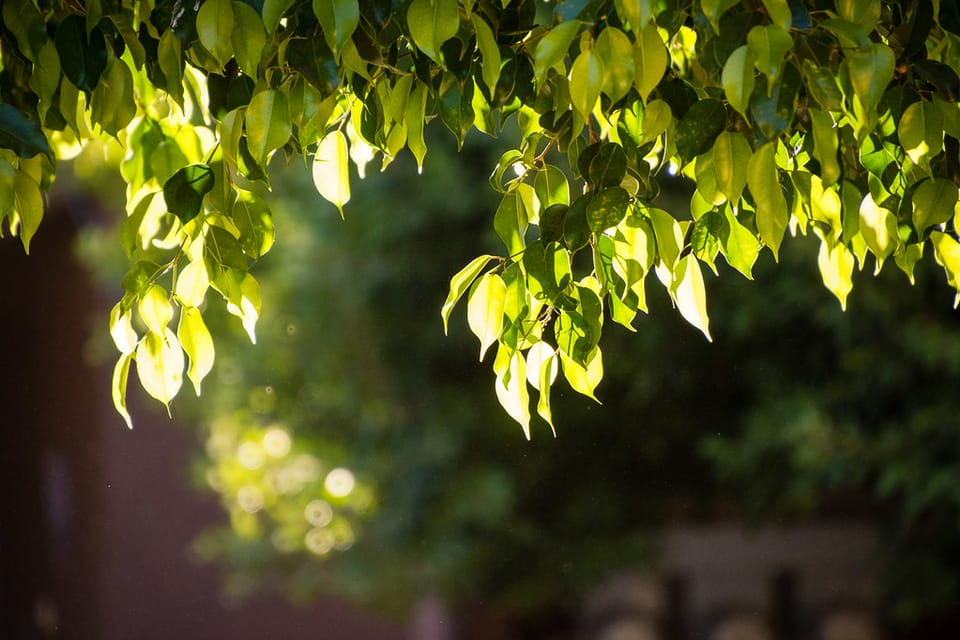EcoWest News, July 4, 2023

Welcome to EcoWest News, a weekly round-up of news and resources that you can put to use in addressing environmental issues and protecting the wild in your community.
Across the West
Congratulations Nature Regina (formerly Regina Natural History Society) on your 90th anniversary! The Society was formed in 1933 during the devastating drought and depression that threatened the Prairies. “Concern for survival of plants and animals, together with lack of money for expensive amusements, provided incentive for formation of the Society.” [Nature Regina]
Manitoba’s Clean Environment Commission says Sio Silica’s proposal requires more research, planning, and evidence. Will Sio Silica be held accountable? [The Narwhal]
An international report has determined Wood Buffalo National Park and the Peace-Athabasca Delta are increasingly unsafe from growing industrial threats originating upstream and the impacts of climate change. [CPAWS Northern Alberta]
“Around 3,000 homes were demolished in Metro Vancouver last year.” 20% of them could have been relocated, meeting waste-diversion goals and providing affordable housing in underserved communities. [CBC]
A herd of bighorn sheep near Radium Hot Springs will soon be able to safely cross the highway on a bridge. [CBC]
In Remnants: Reveries of a Mountain Dweller, Natalie Virginia Lang visits the remaining natural spaces on Sumas Mountain in the Fraser Valley and considers how a settler should “approach and live on the land.” [The Abbotsford News]
Across Canada
Ontario’s Anesthesiologists have released a position paper encouraging health care to move towards replacing single-use operating room medical devices and supplies with items that can be reused as often as possible before being refurbished, repurposed, or recycled. [Ontario’s Anesthesiologists]
Research Matters
Clean Electricity, Affordable Energy, a new report from the Canadian Climate Institute, shows that a big switch from fossil fuels to clean electricity will save Canadians money. [Canadian Climate Institute]
Around the World
Several companies have already placed orders for giant kites that could help cargo ships reduce their fuel consumption and greenhouse gas emissions by 20%. [Gizmodo]
A new bioenergy facility in Maryland will capture methane gas produced during wastewater treatment and turn it into a renewable natural gas to power the county’s buses. [Planetizen]
TripIt provides a wide range of advice for travelling more sustainably from taking the train to booking eco-friendly accommodation and watching your water consumption. [TripIt]
Nature’s Wonders
Male burrowing owls “gather over 90 per cent of a breeding pairs’ total diet during the 90-day breeding period. After that, both birds hunt fairly equally.” [Nature Conservancy of Canada]
A year in the life of a Hudson Bay polar bear. [Natural Habitat Adventures]
Mosses cover an area the size of China and make some significant contributions to soil processes. [Eos]
The OneZoom Tree of Life shows how all life on earth is related with a leaf for each species and the branch leading back to common ancestors. Zoom in and out on the website to explore. [OneZoom]
Photo credit: https://www.flickr.com/photos/apmckinlay/22923209126
EcoFriendly West informs and encourages initiatives that support Western Canada’s natural environment through its online publication and the Nature Companion website/app. Like us on Facebook, follow us on Twitter or Mastodon, or subscribe by email.

Member discussion